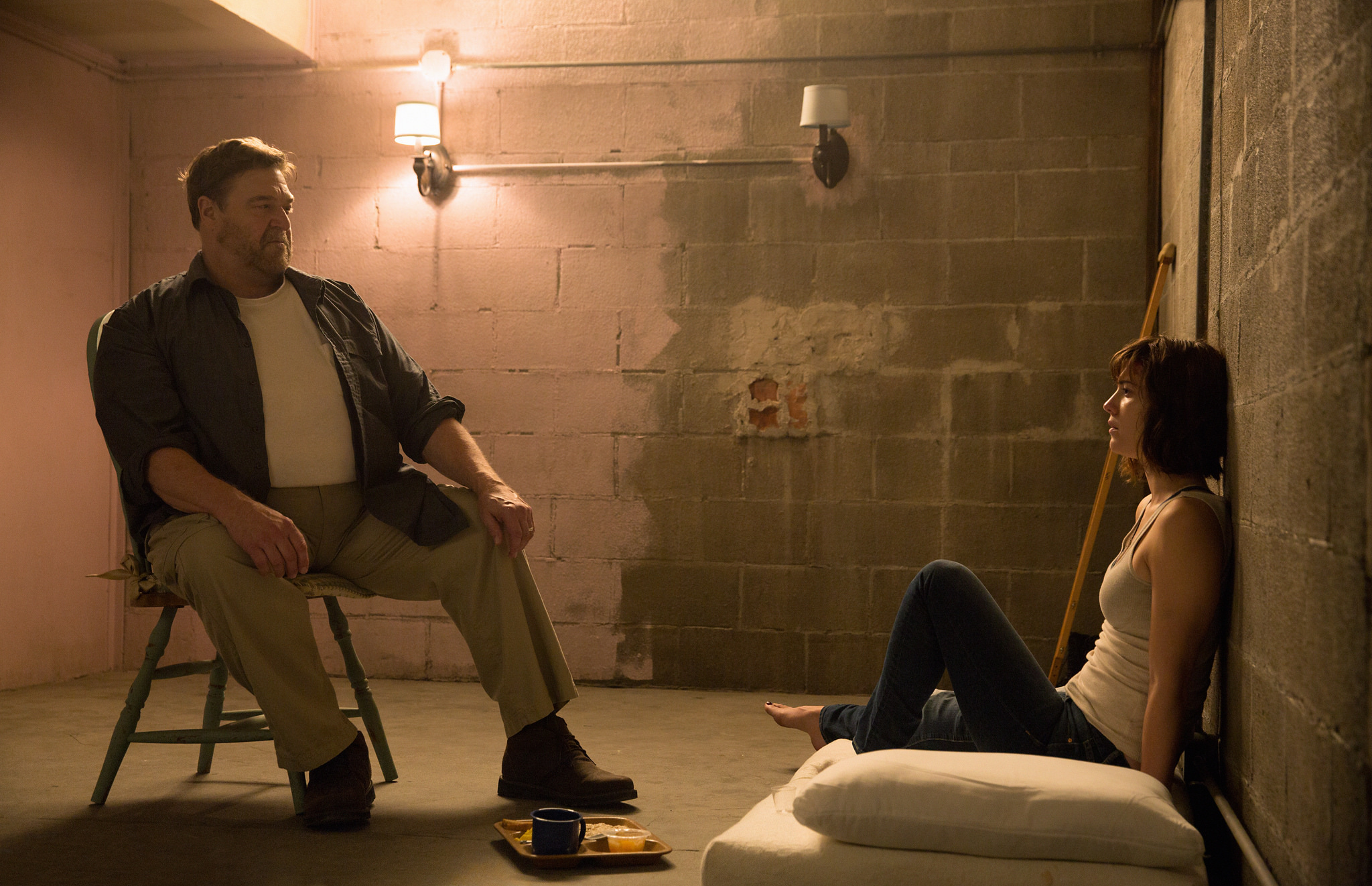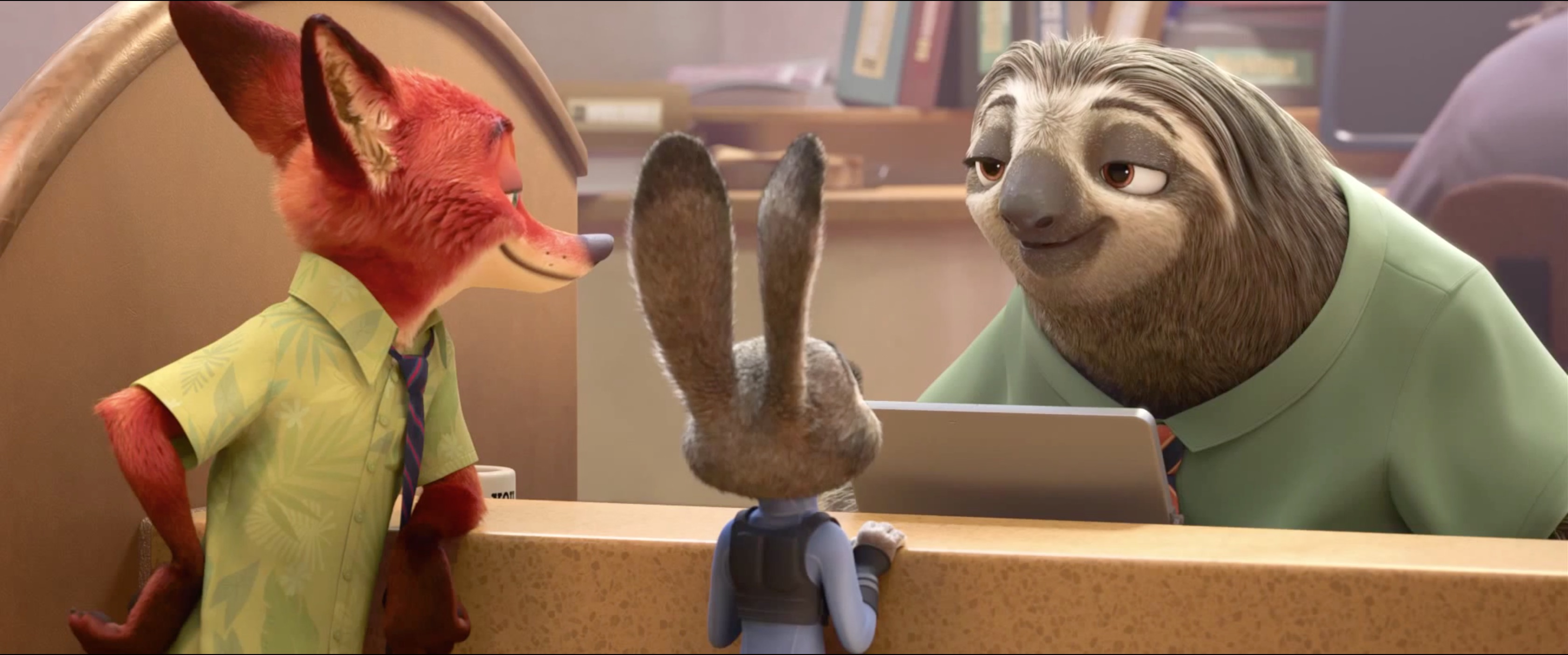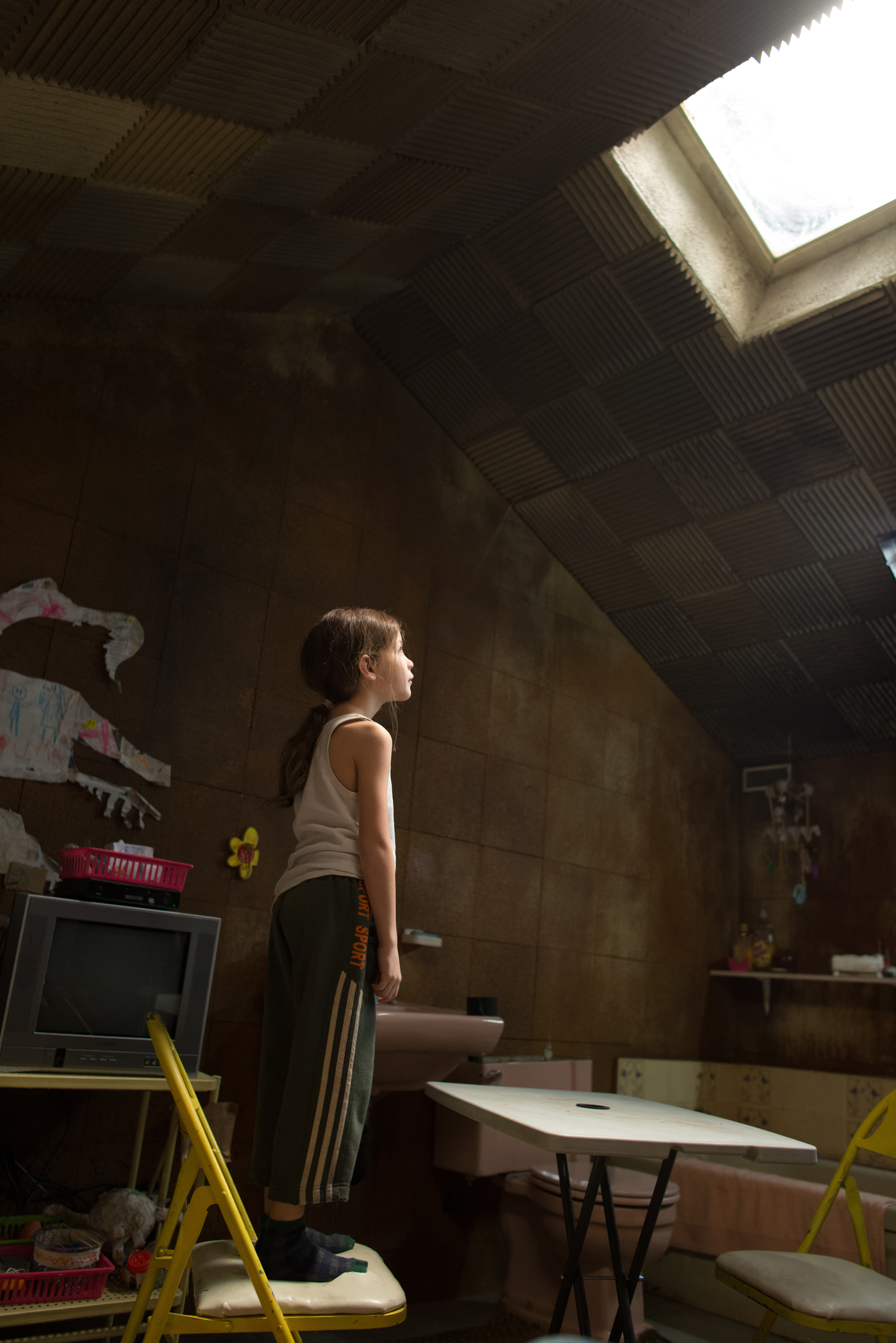10 Cloverfield Lane is a type of movie that we just don’t see very often in modern cinema. It’s a film with a decent budget and a major production company behind it, with some serious marketing power, that still prefers to keep things simple and constrained throughout most of its runtime. With a few changes Cloverfield Lane could have easily been a stand-alone no-budget indie flick. The fact that a major studio released and marketed such an effort at all is encouraging, as it suggests that mid-budget films can still get made (and, hopefully, be successful) even in today’s entertainment business climate.
But aside from supporting the return to small character-driven entertainment and the mid-budget blockbuster, there’s a simpler reason for why you should see 10 Cloverfield Lane: it’s just damn good. The trailers have smartly kept most of the plot details under lock-and-key, and I won’t go into details much here, but the script plays with expectations wonderfully. Your suspicions of other characters shift back and forth with each new reveal, and the pacing is perfect, giving the film plenty of time to breathe without ever stalling out.




